Learn Chinese Idiom Name, Pinyin, English

- Idiom in Chinese-男唱女随。
- Pinyin of Idiom– nán chàng nǚ suí.
- Idiom’s Meaning in English– Men sing and women follow, indicating a harmonious relationship between husband and wife.
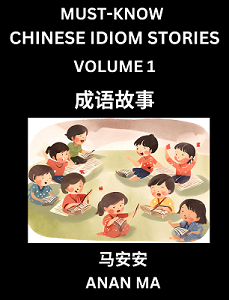
Chinese Idiom Stories Books (HSK All Levels):
- Books to Learn Chinese Idiom Stories (Part 1)
- Books to Learn Chinese Idiom Stories (Part 2)
- Books to Learn Chinese Idiom Stories (Part 3)
Learn Chinese Idiom Story in English (成语故事的英文)
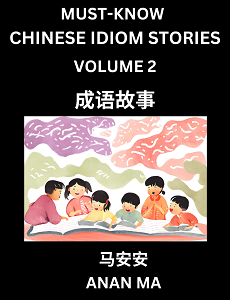
In ancient times, there lived a loving couple in a small town. The husband was a scholar who enjoyed composing poems and essays, while the wife excelled in musical instruments, chess, calligraphy, and painting. Whenever the husband sang with enthusiasm, the wife could always accurately follow his rhythm, dancing or singing in harmony. Their tacit understanding and complementary cooperation earned them the envy and praise of the villagers.
Learn Idiom Story in Chinese (成语故事)
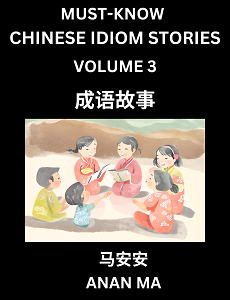
在古代,有一个小镇上住着一对恩爱夫妻。丈夫是个书生,喜欢吟诗作赋,妻子则擅长琴棋书画。每当丈夫兴致高昂地唱起歌来,妻子总是能准确地跟上他的节奏,为他伴舞或和歌。他们的默契配合赢得了乡亲们的羡慕和称赞。
Learn Keywords with English, Simplified Chinese Characters, and Pinyin (关键词)
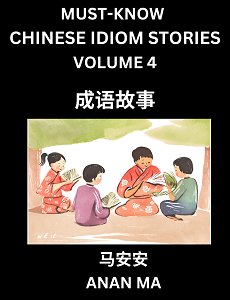
- 书生(shū shēng):scholar
- 吟诗作赋(yín shī zuò fù):compose poems and essays
- 琴棋书画(qín qí shū huà):musical instruments, chess, calligraphy, and painting
- 默契(mò qì):tacit understanding
Pinyin of Idiom Story (故事的拼音)
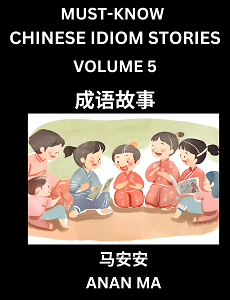
Zài gǔdài, yǒu yīgè xiǎo zhèn shàng zhùzhe yī duì ēn’ài fūqī. Zhàngfū shìgè shūshēng, xǐhuān yín shīzuò fù, qīzi zé shàncháng qín qí shūhuà. Měi dāng zhàngfū xìngzhì gāo’áng de chàng qǐ gē lái, qīzi zǒng shì néng zhǔnquè de gēn shàng tā de jiézòu, wèi tā bànwǔ huò hégē. Tāmen de mòqì pèihé yíngdéle xiāngqīnmen de xiànmù hé chēngzàn.




